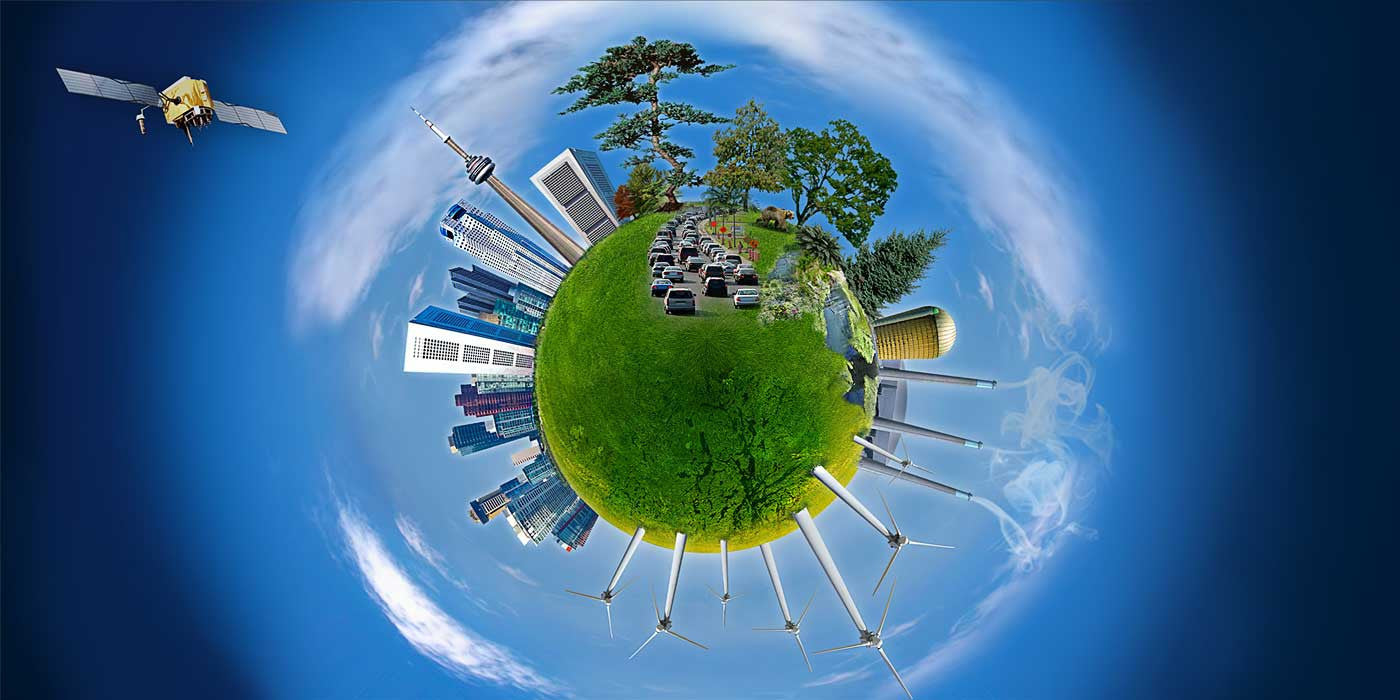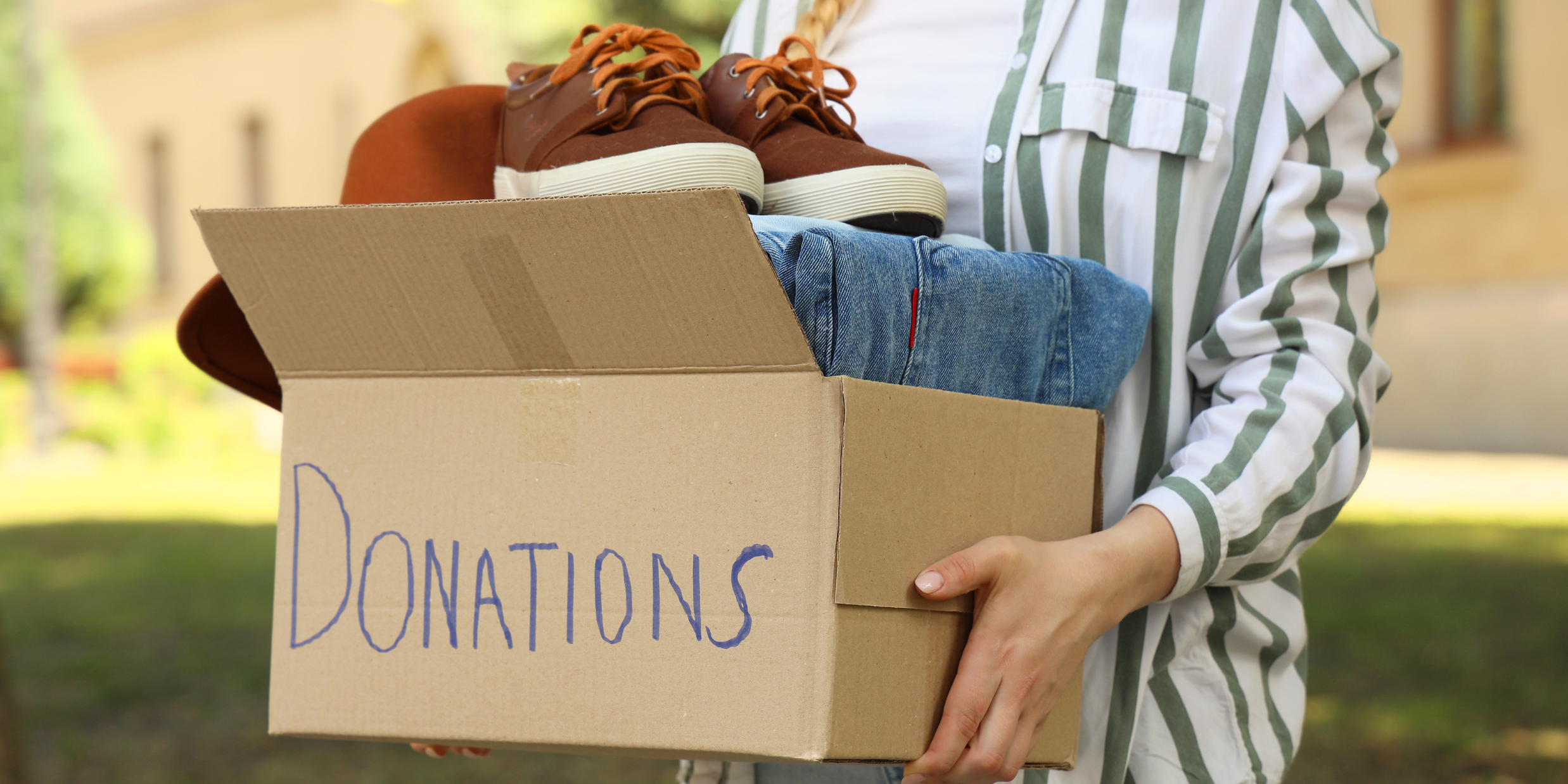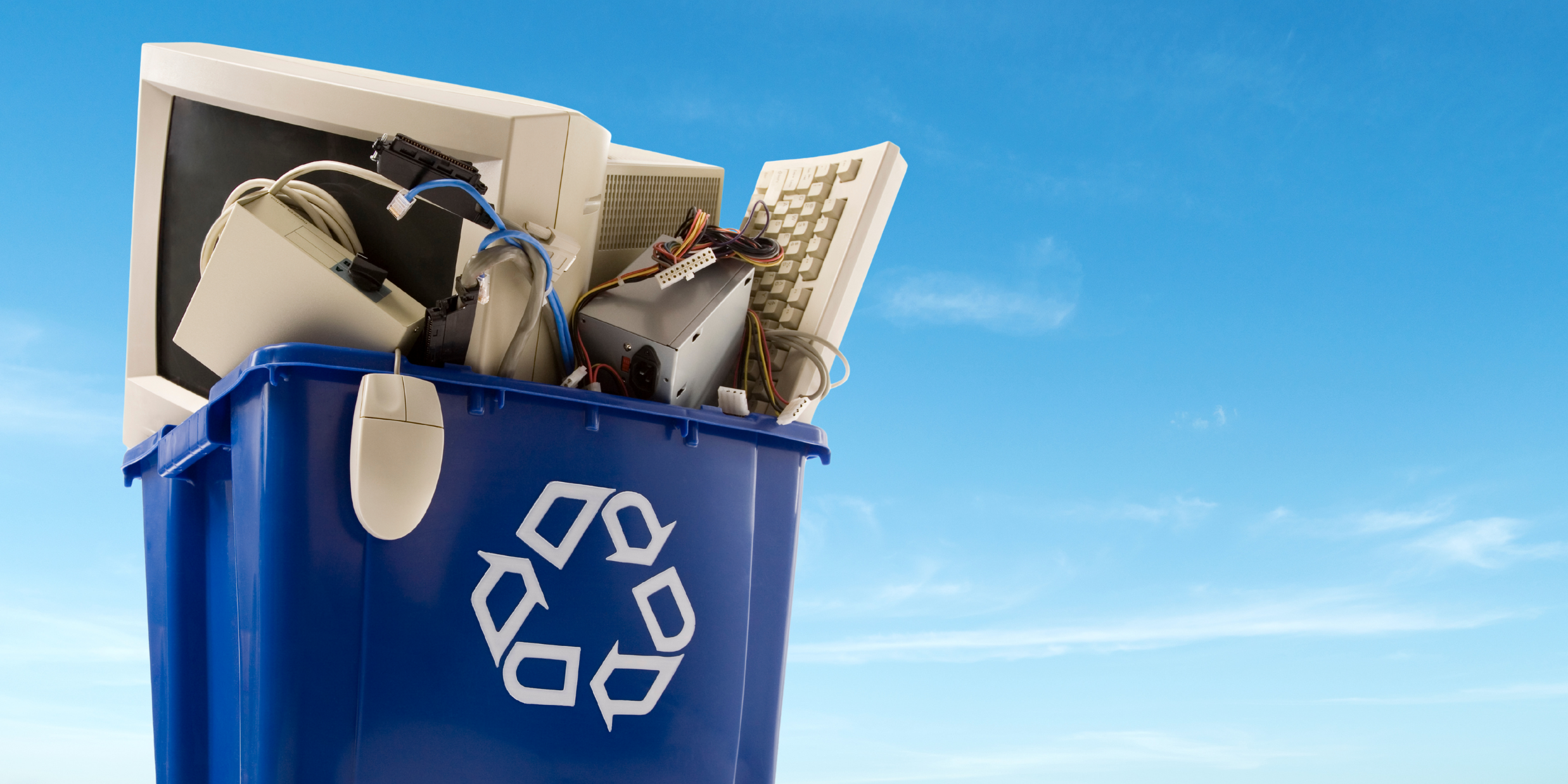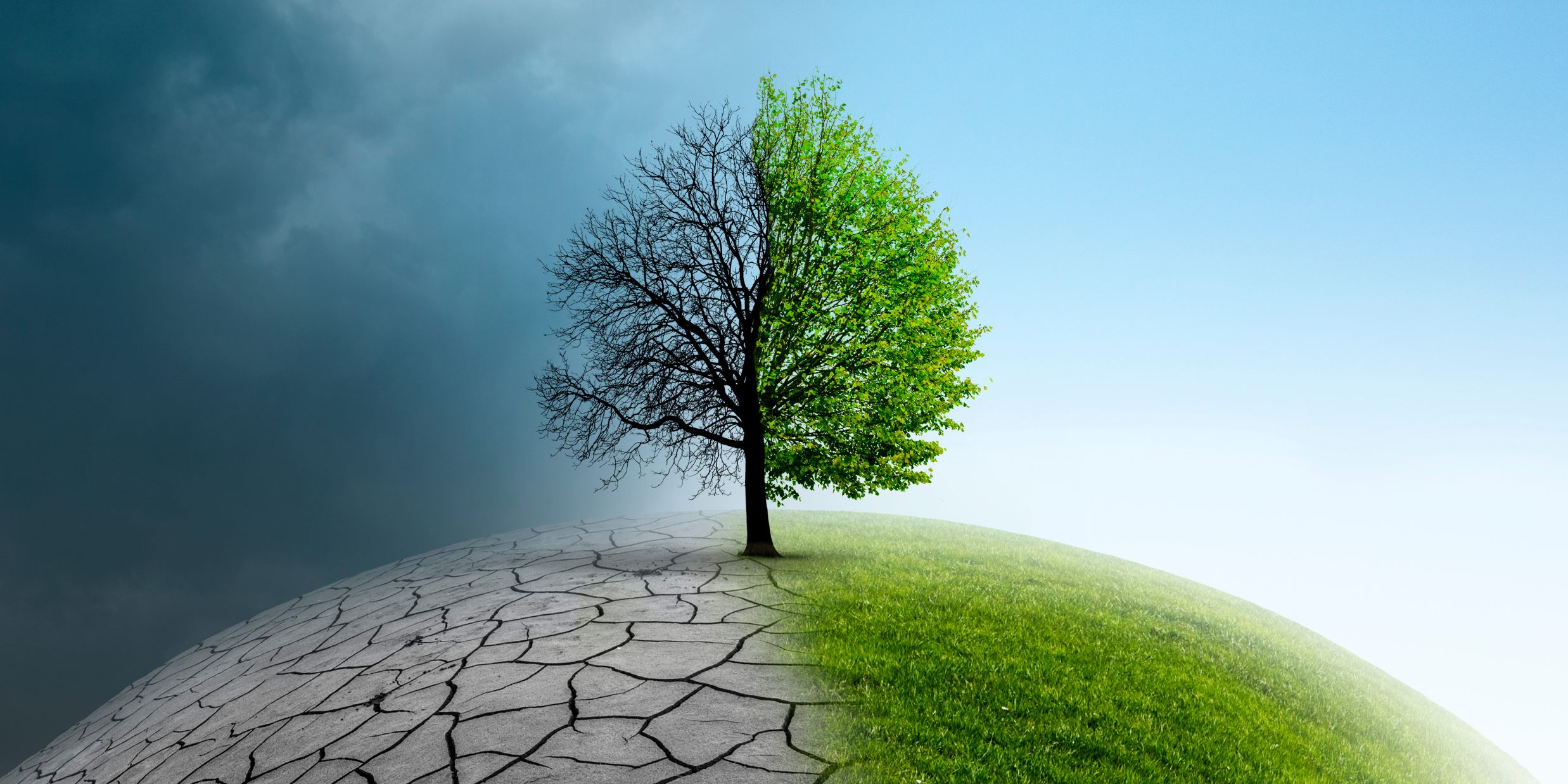On June 1, a big announcement was made. One with potentially global effects.
The United States, the second-largest polluting nation on the planet, is pulling out of the Paris agreement.
The Paris climate accord was finalized in 2015, with the purpose of setting greenhouse gas emission reduction goals for each participating nation. For the U.S., that was a goal of cutting our 2005 emission levels by 26% by the year 2025.
The U.S. now joins only two other nations, Nicaragua and Syria, of non-signatories.

For Americans who have set intentions and personal goals around reducing impact—by buying eco-friendly products or cutting energy use—this news of withdrawal from the pact is likely quite disappointing.
But there’s almost always a bright side to every situation. Perhaps this “change in plans” for the U.S. regarding the global climate deal doesn’t have to be all gloom and doom.
Because it’s actually inspired many powerful entities—local governments, universities, corporations, and most importantly, citizens—to kick their current planet-cleaning efforts into high gear.
One such entity of note is called “America’s Pledge”. It’s a collection of mayors from major U.S. cities, state governors, university presidents, and numerous businesses.
This effort, coordinated by philanthropist Michael Bloomberg, is only one of the many groups stepping up their game; but what makes them stand out is that they’re actually submitting a nationally determined contribution to the Paris agreement, just like other nations.

It’s unclear whether there are any provisions for non-political entities to be a part of the deal on paper. But making it official might just be a formality. Ramping up individual efforts to combat climate change, deal or no deal, may very well be all that’s needed for the U.S. to reach its goal.
In fact, it could be argued that starting from the bottom up with the “little guys” is where the most movement will happen. It starts with everyday citizens.
Cassidy is one of the founders of the sustainable clothing company Wakened Apparel, who we had the pleasure of interviewing earlier this year. She offered us a perspective that really puts the power to steer change in the hands of us: the consumers of products and services.
“We tell companies what we want and what we find acceptable through our dollar,” Cassidy says. “The more ethical and sustainable brands and avenues we support, the more larger companies will take notice. Companies have to go in the direction the consumers lead.”

Many other small businesses with a sustainable focus, including MABLE, were started because of that consumer influence.
People who were looking for opportunities to introduce eco-friendly habits into their communities saw product-centric businesses as the way to kickstart those trends.
“Consumers have more power than they realize,” says Emma Grose, one of the founders of MABLE. “How and where they spend their money can influence new trends and purchasing directions for local stores and businesses.”
Emma points to organic products as a classic example of how this works.
“At one point in time it was considered too expensive to buy organic, and the majority of the population didn’t even believe it was any better for you,” she says. “Now you can buy organic products everywhere, even at big box stores like Target and Walmart. The consumer dollar made companies pay more attention to what they’re selling, how it’s being made, and what it’s made from.”
Gilmar Arellano, another MABLE founder, attributes the change in consumer habits to a shift in attitude and a growing awareness that there’s no “plan B”.
“In the past, companies would market their products by emphasizing the direct benefits to people’s bodies or health; they weren’t that concerned about the environment. Now more and more people are putting the planet first, and I think it’s because we’re finally acknowledging that we simply don’t have another planet to live on if we destroy this one.”
Gilmar remains wary of the seriousness of the current environmental state. But he’s optimistic about the direction the population seems to be headed.
“At this current rate, we may not have a planet in the future. Thankfully, more and more people are becoming aware of our environmental problems and are coming together to fight for the planet,” he says. “It’s great to see big companies and local government acting in a responsible manner in regards to our environment. It’s everyone's problem.”

So if you’re among those who are a tad stressed about this new development with the Paris agreement, there’s something you can do about it:
Speak with your dollar, your habits, and your choices.
Buy fresh, local, eco-friendly, and ethical. Support the companies (big and small), universities, and local governments who are vowing to push forward with their climate efforts.
You likely hear it all the time, but some clichés just have a knack for being right:
Be the change.
Photo credits:
Cover: GABRIEL LASCU
Ariel Earth photos: NASA






Share:
Don’t scorch your green track record this Memorial Day; picnic eco-style.
How half of the Great Pacific Garbage Patch could be gone in 5 years